Do Cats Remember and Miss Their Siblings?
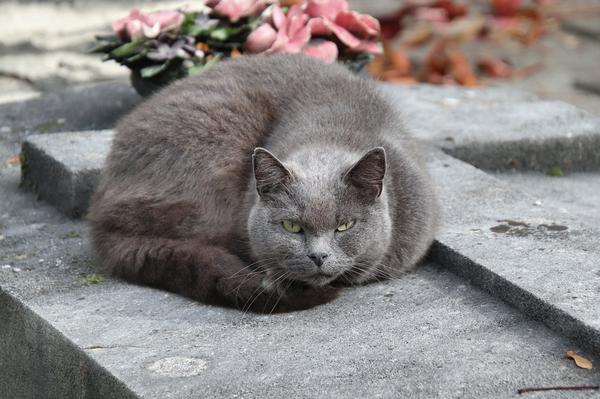
Are you worried sick about your furry little friend?
Do you wonder if they miss their long-lost siblings when they're separated?
Well, guess what? 😺
You're not alone!
Let's dive deep into this feline mystery together and find out the truth.
Buckle up, folks, because we're about to embark on a journey of cat sibling connections.
Let's get started!
Do Cats Remember Their Siblings?
Cats have a strong memory for scents and can remember their siblings' unique scent for up to two months or longer. However, it is unclear if they truly understand the concept of siblings like humans do. Cats can form strong social bonds with their siblings, but interactions with other cats or humans can also replicate that sibling bond and contribute to their overall wellbeing.
Cats have a keen memory for scents.
They remember the unique scent of another cat for quite some time, up to two months or even longer!
Isn't that amazing?
But here's the thing...
While cats can remember their siblings' scents, it's unclear whether they truly understand the concept of siblings like humans do.
You see, cats form strong social bonds with their siblings during early development, and these bonds remain powerful even after leaving the litter.
However, it doesn't necessarily mean they explicitly remember their siblings.
Now, don't lose hope!
Just because cats may not remember their siblings doesn't mean their lives are devoid of close connections.
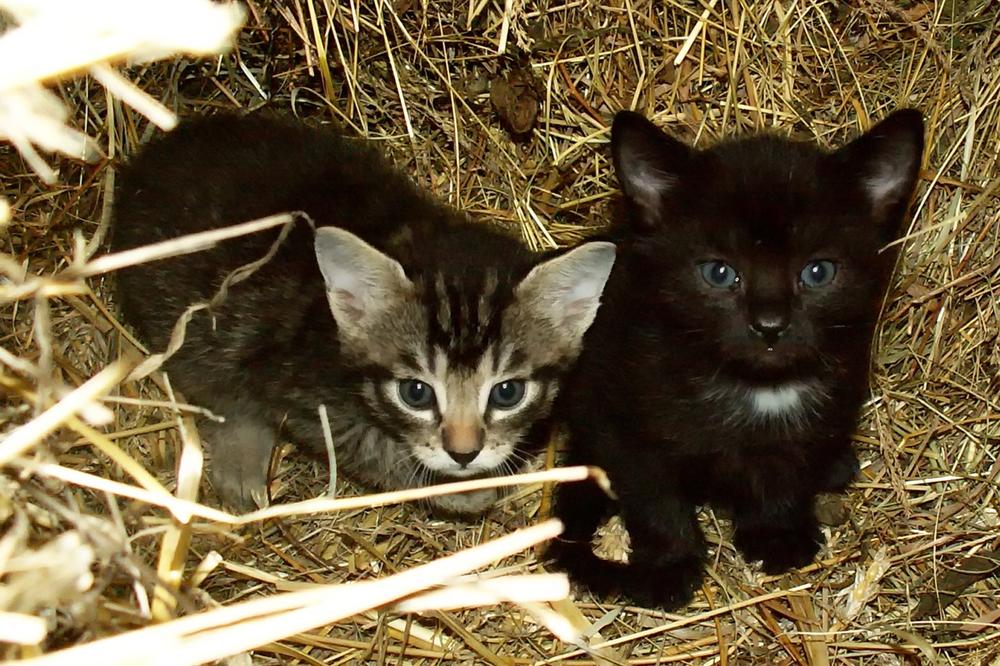
Interactions with playmates, whether they're other cats or even humans like you, can replicate that sibling bond and contribute to their overall wellbeing.
The complex nature of cats' memory and recognition further adds to the mystery. Sibling cats bred together can remember each other, and closely bonded pairs can recognize each other even after a short separation.
However, long-term memory seems to decline over time.
So, what does this all mean if you have a kitty at home?
Well, anecdotes about reunited siblings vary.
Some cats do remember each other and others don't.
There's no guarantee that a kitten will remember its littermates if separated at a young age.
What we do know is that cats can build strong relationships with unrelated pets and they can even recognize their favorite people after a significant time apart. Whether this recognition is genuine or simply a positive reaction to their interactions, well, that remains uncertain.
But one thing is for sure – our feline friends thrive on love and companionship.
So, shower them with affection, create those special bonds, and cherish every moment spent together.
Main points I'll expand upon further down this article:
- Cats can experience grief and separation anxiety when they lose a companion.
- Behavior changes, appetite loss, weight loss, and signs of stress or separation anxiety may indicate grief in cats.
- Older cats may exhibit more pronounced signs of grief when they lose a close sibling.
- Cats adopted from the same litter may experience discomfort and pine for their missing sibling.
- Symptoms of missing a sibling include searching, appetite loss, sleep disturbances, and decreased interest in grooming.
- These symptoms can typically be resolved within a few weeks to six months.
- Kittens can experience separation anxiety when separated from their family unit.
- Regular fun interactions, toys, games, and responding to their cries can help alleviate potential sadness in kittens.
- Kittens typically require a few days to a week to adjust and cope with the absence of their mother and siblings.
- Older cats might take longer to adapt, especially if they were close to a sibling.
And let me tell you, cats' emotional experience doesn't stop at just remembering their siblings...
Do Cats Experience Separation Anxiety and Grieve for Siblings?
Cats can feel really sad and miss their brothers and sisters. It's totally true. 😿
But wait, there's more!
Here are some things to keep in mind so you understand what cats go through when they lose their fur-siblings:
- Cats can feel sad for a pretty long time, like up to six months after losing their sibling. That's a really long time, right?
- When cats are grieving, their behavior can change a lot. Watch out for stuff like grooming too much, not wanting to eat, losing weight, and avoiding social stuff.
- Older cats who had strong bonds with their siblings might show even stronger signs of grief. So make sure to keep an eye on them!
- Even if adopted cats don't have the same biological brothers or sisters, they can still miss their littermates. You might notice them looking for their missing sibling, having trouble sleeping, or not caring about keeping clean.
- Hey, remember, not every weird thing a cat does is just because they're sad. Other things could be happening too.
- Little kittens can also feel anxious and scared when they're separated from their family. To help them feel better, play with them, give them toys, interact, and respond when they cry.
Good news is most cats will start feeling better within a few weeks to six months.
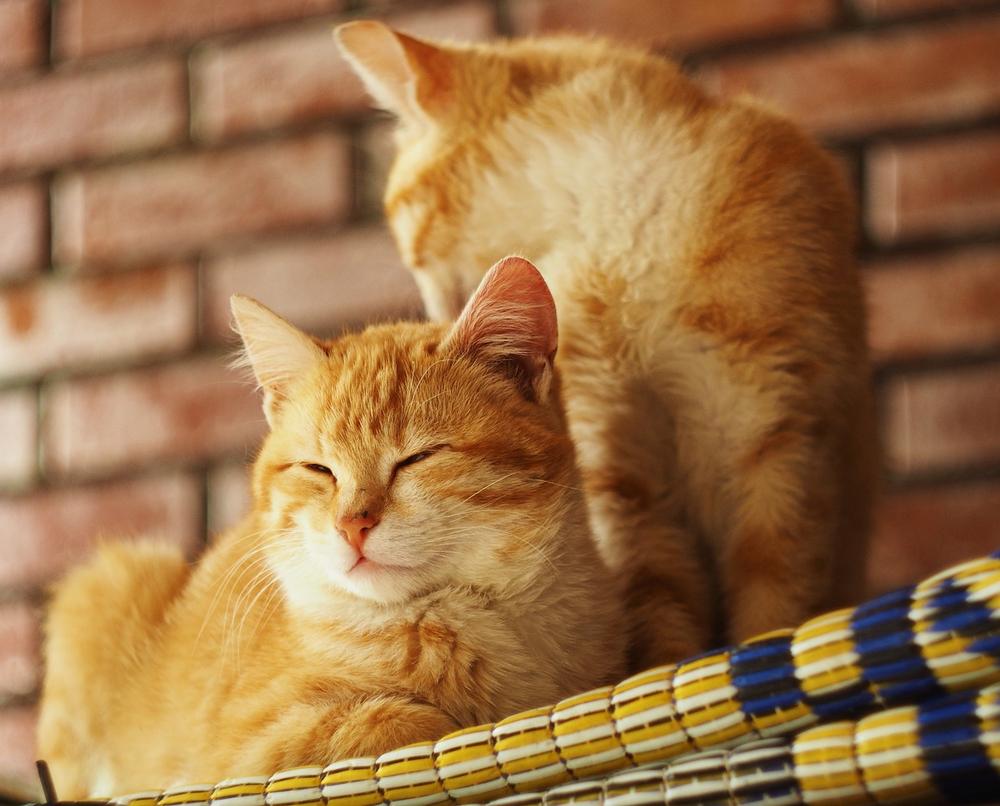
So just hang in there, give them love and support, and be patient.
And did you know that kittens may have a special connection with their siblings? If you're curious to learn more about this fascinating topic, I invite you to check out my article on the subject: Do Kittens Remember Their Siblings.
It explores whether kittens have the ability to recall their brothers and sisters, answering questions that may be on your mind.
Satisfy your curiosity and delve into the intriguing world of feline companionship by giving it a read.
How Long Do Cats Miss Their Siblings?
The length of time cats miss their siblings can vary.
It depends on factors such as individual personalities, the duration of bonding, and specific circumstances surrounding the separation.
For kittens, it usually takes a few days to a week to adjust to their new surroundings.
They need some time to cope with the absence of their mother and siblings.
However, older cats may take longer to adapt, especially if they had a close bond with a sibling from whom they were separated.
If cats from the same litter are separated for extended periods, they may forget about each other.
Unfortunately, there is limited scientific data on the reunion of adult siblings who were previously separated.
So, the exact length of time that cats miss their siblings cannot be definitively stated.
But what we do know is that cats, like humans, form strong bonds with their littermates and can experience a sense of loss when separated.
Determining the Appropriate Time to Separate Cat Siblings
Keeping cat siblings together for healthy development
When it comes to cat siblings, it's best to keep them together until they are around 12-16 weeks old.
This way, they can grow up learning and socializing with their littermates and mother, which is crucial for their development.
Adjusting to the separation process
So, when is the right time to separate these adorable little furballs?
Well, when you rehome them, they might need a bit of time to adjust.
They adapt quickly, but giving them some time in their new surroundings can help them settle in.
To make the transition easier, be gentle with them, avoid loud noises, and give them something with your scent on it.
Making separation stress-free
Separating cats from their siblings and mother may cause a brief adjustment period, but don't worry!
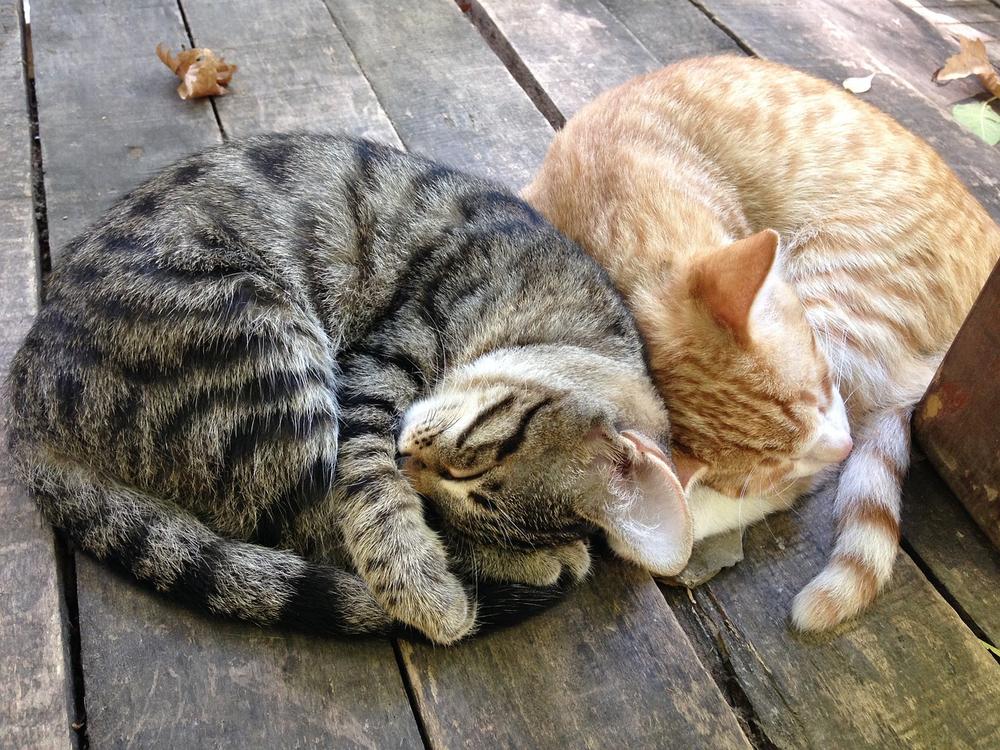
You can create a stress-free environment for them.
Stick to a consistent schedule, provide a safe space, and consider using a surrogate mother toy to offer them comfort during this time.
Gradual reintroductions and the benefits of keeping siblings together
If, at some point, you end up separating the kittens, it's recommended to introduce them back gradually. It's worth noting that taking kittens away from their mother too early may result in behavior problems, so keep that in mind.
Weaning should start around 3-4 weeks, and ideally, kittens should stay with their mother until they reach eight weeks old to avoid any sadness or detachment issues.
And here's a tip for you: adopting multiple cats from the same litter can be beneficial.
These siblings already have a strong bond and social hierarchy, though conflicts may arise occasionally. If you notice any signs of aggression, try distracting fighting cats with loud noises instead of getting physically involved.
And now let me delve into the fascinating topic of whether cats remember and miss their siblings after being separated!
Do Cats Remember Their Parents?
Cats rely on scent recognition, just like siblings do.
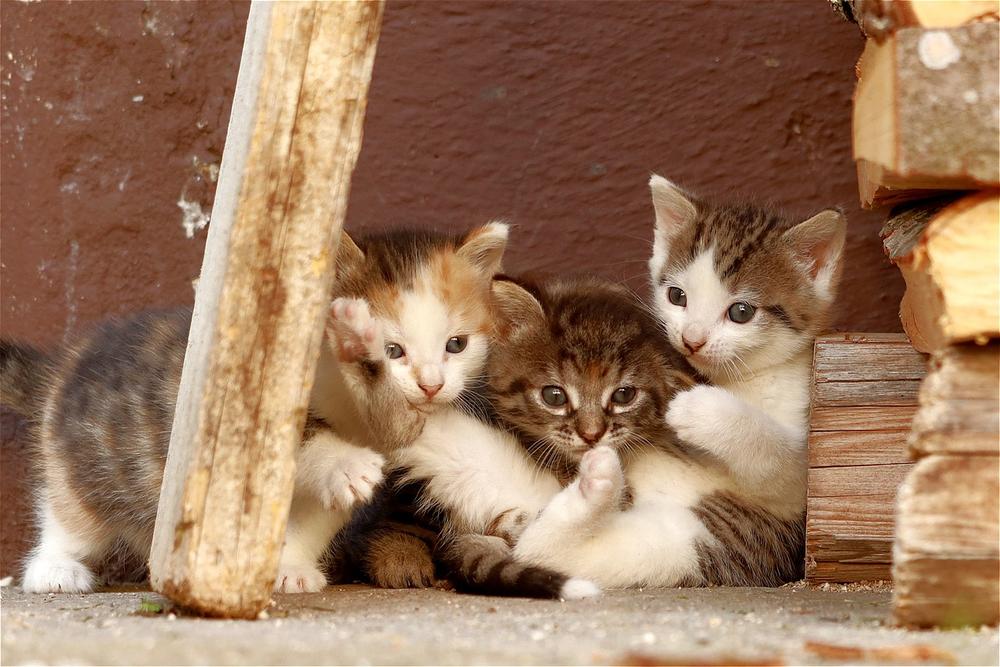
They use scent to identify familiar individuals, including their parents.
Although cats may not explicitly remember their parents, they can retain the memory of their distinctive scents.
But if a kitten is separated from its mother for a year or more and then comes across her again, it's unlikely that the kitten would recognize her.
And that wraps up today's article.
If you wish to read more of my useful articles, I recommend you check out some of these: Why Is My Cat Obsessed With My Bras, Do Female Cats Spray, Do Cats Like It When You Talk to Them, Why Do Cats Like Adhesive, and Do Cats Have Good Memory
Talk soon,
-Sarah Davis